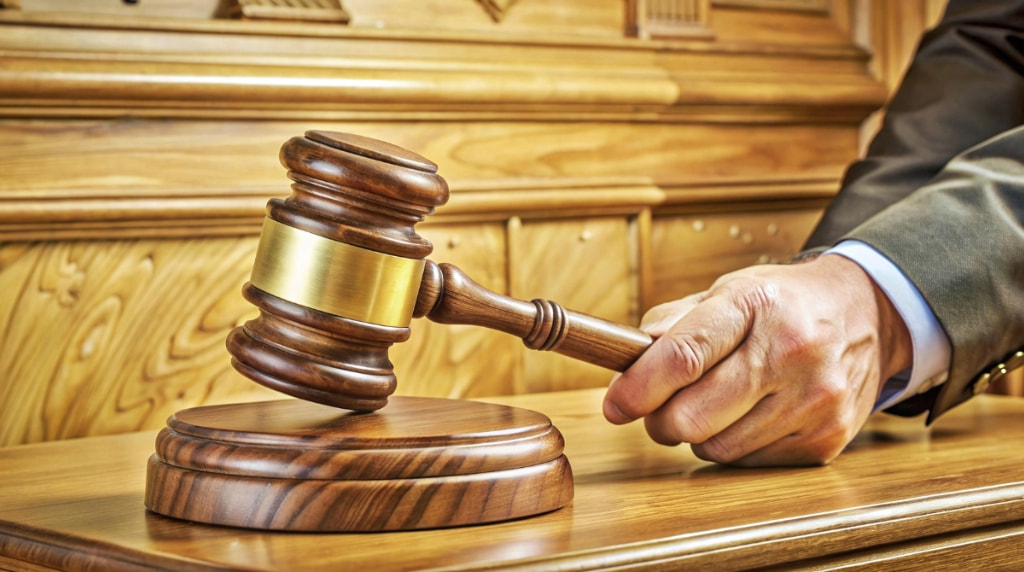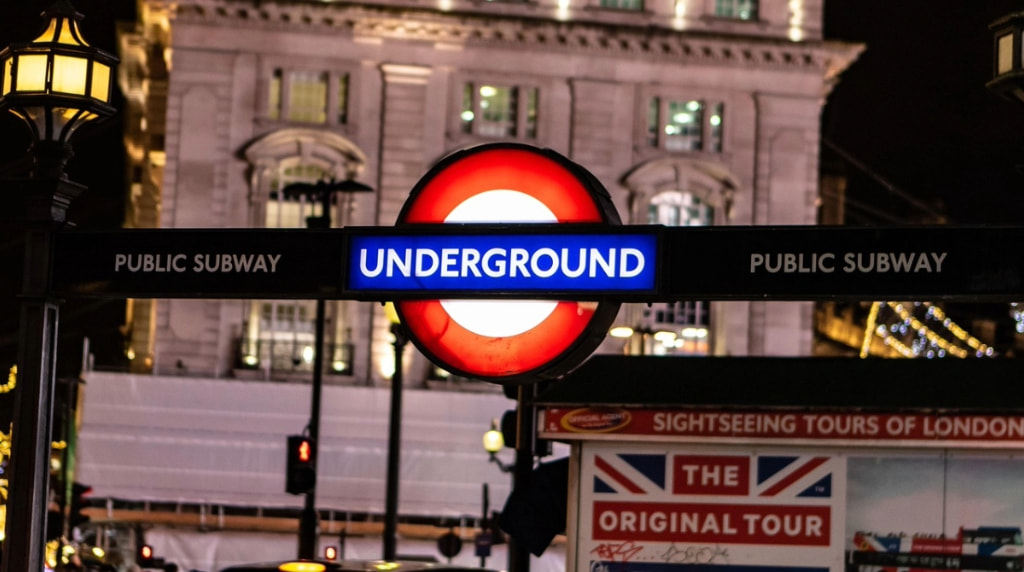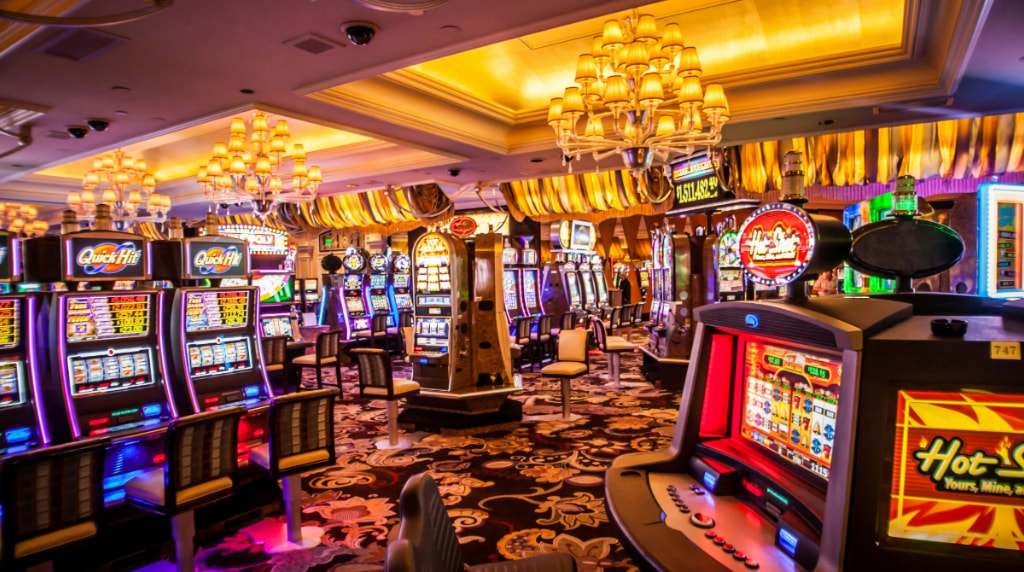Doubt Arises After Tour de France
Some French current and ex-professionals have suggested that something fishy was occurring after a succession of thrilling performances at the Tour de France. A stunning comeback from Tadej Pogačar in a time trial on Saturday that saw him take home the yellow jersey and the general dominance of Jumbo-Visma throughout the Tour has left some with doubts about whether the results are to be trusted.

Cycling has unfortunately become somewhat synonymous with doping during its history. After some time without many allegations of cheating being aired, the most recent Tour de France has raised suspicions for some in the sport. ©Myriams-Fotos
Cycling is a sport that has a difficult history with doping. Many are familiar with stories like the one of Lance Armstrong, who is possibly the most famous example of doping in cycling, and even in sport full stop. After a quiet period when allegations of doping were sparse, the problem is rearing its ugly head once again after the 2020 edition of the Tour de France.
The former yellow jersey holder Stéphan Heulot is one of the former cyclists that has offered his opinion on the result of this year’s race. According to the Frenchman, he stopped watching the premier cycling race in the world after the stage to Grand Colombier. He even went as far as to say what he was watching made him want to throw up.
Since the culmination of the Tour, there has been an investigation into the actions of the Arkéa-Samsic team being performed by the French authorities. This investigation has led to the raid of the hotel quarters that are occupied by the former Giro d’Italia and Vuelta a España winner Nairo Quintana. Whilst Quintana and Arkéa-Samsic both deny any wrongdoing; the suspicion will be exceptionally difficult to dispel.
The dominance of certain teams during the race as a whole has also raised suspicion in onlookers who are used to seeing a more balanced contest during the Tour. Additionally, there were several record-breaking climbs put down by riders during the race this year. For example, the record set on the Col de Peyresourde located in the Pyrenees is one that had people questioning what was occurring.
Jumbo-Visma was seemingly head and shoulders above the rest of the peloton during the Tour de France this year. Once the team’s rival Egan Bernal and his team, Ineos Grenadiers, were eliminated mid-way through the race, Jumbo-Visma were able to set a merciless pace to the rest of the competition. Despite this, on the penultimate day of the race, Pogačar was able to take the top position from Primož Roglič (from Jumbo-Visma).
Another ex-professional who spoke on the scenes that occurred during the time-trial on Saturday was the Frenchman Romain Feillu. He has stated that what was seen on the penultimate day was not a normal occurrence in cycling and went on to say that overall what was seen throughout the Tour was also abnormal. According to Feillu, when one team dominates as Jumbo-Visma did, there is a more insidious explanation than superior athleticism alone.
For Feillu, the explanation for such dominance can only be chalked down to one thing: newly developed performance-enhancing drugs. Feillu suspects these are sophisticated products that would allow those using them to avoid detection by the authorities. There is additionally an outside chance that riders could have been using motorized bikes to provide assistance on long climbs.
Are the Claims Baseless?
Some the peloton have reacted to these comments and general disbelief of the public with indignation. Many of the racers have suggested that the allegations that are being made have been brought up without even a shred of proof. Additionally, these suspicions have not taken into account the many new anti-doping controls that were implemented more than ten years ago.
Back in 2008, the organizers of the Tour and across the rest of cycling, the authorities required racers to have a biological passport in order to compete. This would allow investigators to pick up on any discrepancies from tests that would suggest the presence of performance-enhancing compounds. These controls have meant there has not been a doping scandal on the Tour post-2012, when Fränk Schleck was banned for his use of a diuretic.
During the race this year, riders were routinely tested for the presence of any banned substances in their bloodstream, and none of them tested positive. On top of this, the bikes that were used were often scanned, X-rayed, or even completely taken apart after suggestions of mechanical doping. Despite this, no evidence of wrongdoing has been seen anywhere.
These checks and controls have done little to soothe the feeling that something is wrong with those that have their suspicions, however. The race this year was one that had never been seen before as it was occurring in the middle of a global pandemic. COVID-19 left racers coming into the race with very different levels of fitness, and fewer races to prepare for the Tour.
This has left many scratching their heads as to how riders set such a blistering pace during the Tour, and some have suggested that teams could be pushing the line when it comes to doping, rather than crossing it. It is thought that some could be using new techniques to dope that are not currently banned by the anti-doping authorities in cycling.
These could be practices like the use of ketones as a recovery tool, that can help riders to bounce back faster after grueling stages of the intense race.
Pogačar and UAE-Team Emirates
The ultimate race for the yellow jersey could not have been closer during the Tour. In the end, Pogačar snuck up and stole the top position during the final hour of the climbing time trial on the Belles Filles stage. This made the rider the youngest champion of the Tour in more than a hundred years. Whilst many would label this cause to celebrate, it has only stoked the fires of mistrust within the sport.
For many, such a young rider winning what is widely known as the hardest race in cycling has given credence to the idea of doping on the UAE-Team Emirates team. Additionally, some of those that built the team have a sketchy past with doping themselves. The involvement of Mauro Gianetti and Joxean Fernandez has left many with their doubts about the veracity of the win.
In 2008, Gianetti and Fernandez had been in charge of the Saunier Duval team. One rider from the team, Italian Riccardo Riccò, failed a blood test when blood boosters were found in his system. This failure led to the disqualification of the rider, as well as the team.
This led to a ban from the sport for Riccò after he admitted that he had been supplied with the blood-booster erythropoietin (EPO) by an Italian doctor. For this, he was also slapped with a two-year suspended prison sentence and was fired from the team.
Events such as this can permanently tarnish a team’s name, as well as those riding for and managing the team. The team evolved into Geox-TMC, which had its own problems with doping when Juan José Cobo had his Vuelta win overturned due to discrepancies in his biological passport.
Whilst there is no rule to prevent the involvement of previously banned riders or managers in teams, if their ban was administered prior to 2011, it does not help the reputation of the team to have such characters involved in their business. For many, the involvement of Fernandez and Gianetti is enough to question the win of Pogačar.



